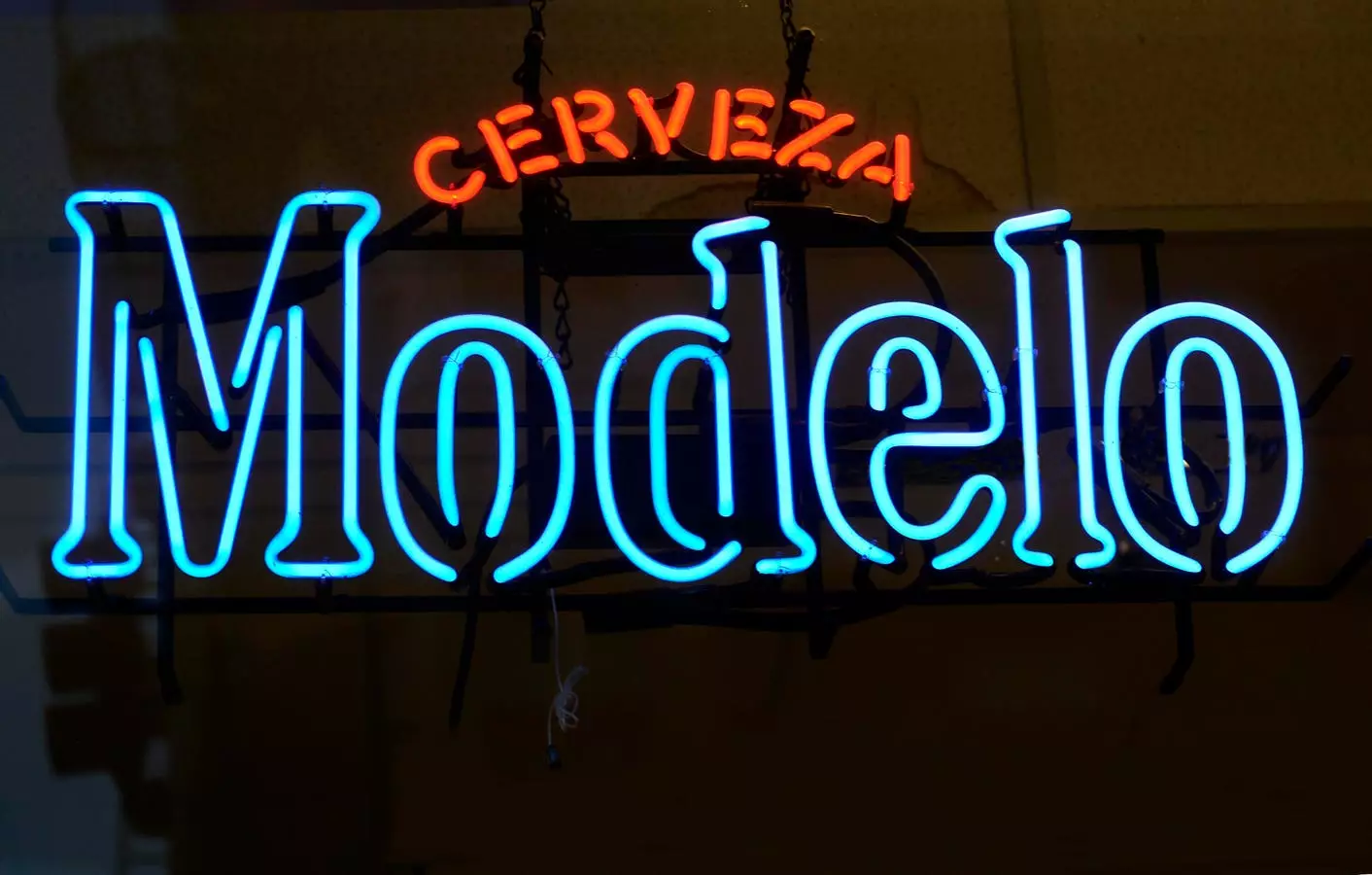The landscape of the American beer market has undergone a seismic shift, as Mexican beers have increasingly claimed a significant share of consumer preferences. Notably, Modelo Especial surpassed Bud Light in June 2023 to become the best-selling beer in the United States, marking a pivotal moment in the beverage industry. This remarkable achievement is not simply a fleeting trend but rather a culmination of various social, cultural, and marketing dynamics that have shaped American tastes over the years.
In the wake of Modelo’s ascent, Bud Light’s sales have faced a progressive downturn, further widening the gap between these two brands. To add insult to injury for Bud Light enthusiasts, Michelob Ultra has also edged past Bud Light to secure the position of the second-best-selling beer. Analysts underscore the paradigm shift, noting that Bud Light’s decline had been exacerbated in recent years, partially attributed to the brand’s inability to connect with contemporary consumer values.
Kate Bernot, a leading analyst at Sightlines, explains that beer brands like Modelo and its contemporaries have effectively resonated with modern consumers through targeted marketing strategies that align with lifestyle aspirations. The relatability and cultural outreach of these Mexican beers stand in stark contrast to the more generalized positioning of brands like Miller and Coors, which have seemingly lost their unique appeal. The cooler, fresher personas of brands like Modelo, Corona, and Pacifico have reinvigorated the beer market by tapping into a broader cultural zeitgeist.
Social and Cultural Influences
Cultural dynamics play a crucial role in the evolving beer preferences of American consumers. The popularity of Latin American culture has surged, permeating various facets of American life, from music and art to gastronomy. This intersection of demographics and lifestyle is pivotal. Bernot highlights how first-generation immigrants act as trendsetters, infusing mainstream culture with flavorful influences that resonate across diverse consumer bases. The remarkable rise of Latin artists like Bad Bunny signifies that Hispanic culture has found its rhythm and voice in the American entertainment space, paving the way for brands like Modelo to thrive.
This connection is further evidenced by market data suggesting non-Hispanic households are more inclined to purchase Modelo than their Hispanic counterparts. The appealing nature of Mexican lager extends beyond cultural heritage, reflecting a broader consumer trend toward flavorful, more artisanal beers.
Market Ownership and Strategic Moves
An oft-overlooked factor contributing to the success of these import brands is the unique ownership structure of Modelo’s various labels. Constellation Brands, which commands the rights to sell Modelo, Corona, and Pacifico in the U.S., has proven exceptionally adept at marketing and distribution. In contrast, AB InBev, despite its formidable market presence, has struggled to reclaim lost ground, largely due to the historical baggage tied to its flagship product, Bud Light.
The acquisition of Grupo Modelo by AB InBev in 2012 underscored the brewing giant’s recognition of the shifting tides within the beer industry. However, the subsequent Justice Department settlement forced AB InBev to divest its rights to Modelo’s beer brands in the U.S., ultimately empowering Constellation Brands to leverage its strategic marketing prowess. Their partnership with Reyes Beverage Group, the largest beer distributor in America, has profoundly influenced the success trajectory of these Mexican brands, providing a robust distribution framework that amplifies demand.
As consumer preferences continue to evolve, the challenges facing legacy beer brands, like Bud Light, become increasingly apparent. While some may point to controversies, such as the recent Dylan Mulvaney incident, as catalysts for decline, the reality is that Bud Light had been facing diminishing sales for years prior. The emergence of vibrant competitors has galvanized a wave of change in the market, underscoring a fundamental transformation in consumer values toward authenticity and cultural connection.
With Mexican beers establishing their foothold in such a saturated market, the larger question looms: can traditional brands innovate and adapt effectively to these changing dynamics? As import brands continue to enjoy momentum, they could very well reshape the American beer palate for generations to come. The battle for consumer loyalty is far from over, and the winds of change are squarely in favor of the innovative, culturally attuned brands that resonate with a diverse consumer base, heralding a new era in American brewing.


Leave a Reply